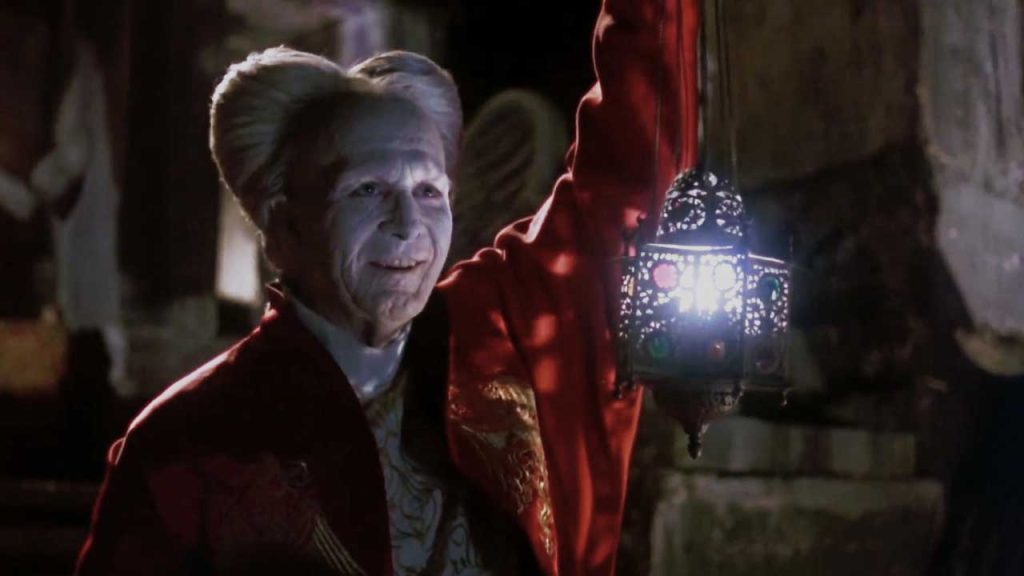
There’s a topic that is common, transversal, to many of the entries in this 80th Venice Film Festival: it is the Gothic subgenre. It all began with Murnau’s Nosferatu, released in 1922. Ten years later, Danish filmmaker Carl Theodor Dryer made Vampyr, a dark, dreamlike movie inspired by an 1872 story by Sheridan Le Fanu, Carmilla, and the earlier Dracula by Bram Stoker.
In Italy, many, many horror movies were produced after Mario Bava’s trailblazing Black Sunday (1960), starring the beautiful and mysterious Barbara Stelle, a genre’s icon. Some of these films are real gems, and enjoyed success in France and America, too. In the International Film Critics’ Week programme is The Vurdalak by Adrien Beau, an adaptation of an 1839 novella by Aleksey K. Tolstoy. The novella had already been adapted by Mario Bava in 1963 and Giorgio Ferroni in 1972.
In the Main Competition at Venezia80, we will see Poor Things by Yorgos Lanthimos, based on a 1992 novel by Alasdair Gray, itself a modern re-reading of Mary Shelley’s Frankenstein. The latter, Gothic novel par excellence, made its way to cinema earlier than sound did. Later, in 1931 and 1935, Boris Karloff starred as the creature. The latter film, The Bride of Frankenstein, is possibly even more visionary than the former. Die Theorie von Allem by Timm Kröger, set in the Swiss Alps, also has Gothic undertones. Pablo Larraín’s latest film, El Conde, sees Chilean dictator Augusto Pinochet as a hundred-year-old vampire. More vampires in the Venice Days programme, with Humanist Vampire Seeking Consenting Suicidal Person by Ariane Louis-Seize, starring a guilt-ridden she-vampire that would rather starve herself to death than kill someone else. She’ll find a balance in looking for someone who was willing to off himself anyway.
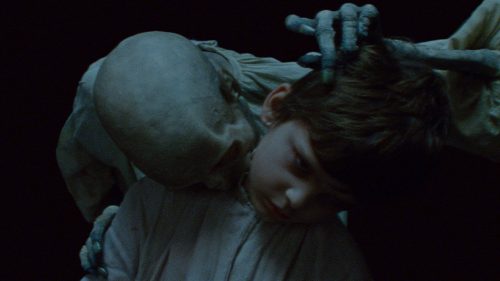
The film, directed and interpreted by Adrien Beau, is adapted from gothic novella The Family of the Vourdalak by Aleksey K. Tolstoy. Old Gorcha begs his family to put off their travels for six days. If he won’t be back by the sixth day, it means he has been killed in battle....
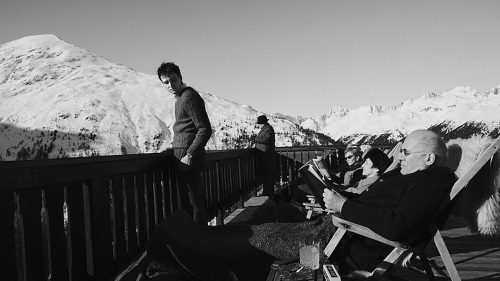
Swiss Alps, 1962: Johannes Leinert attends a physics convention, eager to listen to a revolutionary lecture by an Iranian quantum mechanics scientist—the most anticipated lecture at the convention. As Johannes wait for the conference to start, he meets Karin, a mysterious, c...
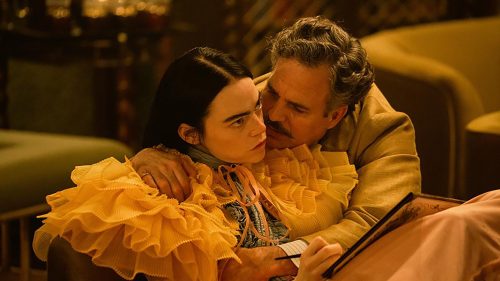
Based on the 1992 novel of the same name by Alasdair Gray, the irreverent new work by Yorgos Lanthimos revisits the typical canons of Gothic cinema with surprising creativity, using a cast of the highest calibre. When his daughter Bella kills herself to escape her husband̵...
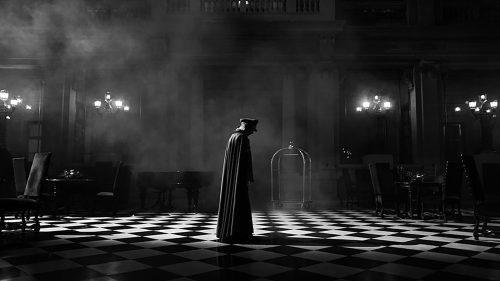
Ingeniously straddling the realms of horror and dark comedy, Pablo Larraín envisions – this time in black and white – a bleak parallel universe inspired by recent Chilean history. A global symbol of fascism, a ruthless dictator responsible for the disappearance and death ...
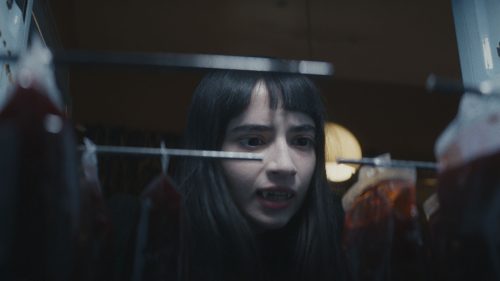
A young, reluctant vampire woman lurches at the idea of killing people, even when it comes down to her own survival. Sasha is starving herself to death, and her exhausted parents cut all funding. Coming to her aid is Paul, a depressed, suicidal young man that offers himself to...
A sublime transposition of master of Gothic Edgar Allan Poe’s stories.
Adapted from Viy, a novella by Gogol’, it is the progenitor of Italian horror.
A disquieting British Gothic film inspired by a story by Henry James and starring an amazing Deborah Kerr.
Inspired by several stories by H. P. Lovecraft, the title hints at Edgar Allan Poe’s style for marketing purposes.
A classic example of Italian fantastic Gothic showing all the genre’s essential ingredients.
A nostalgic homage to Gothic cinema and to Mario Bava-esque atmospheres.